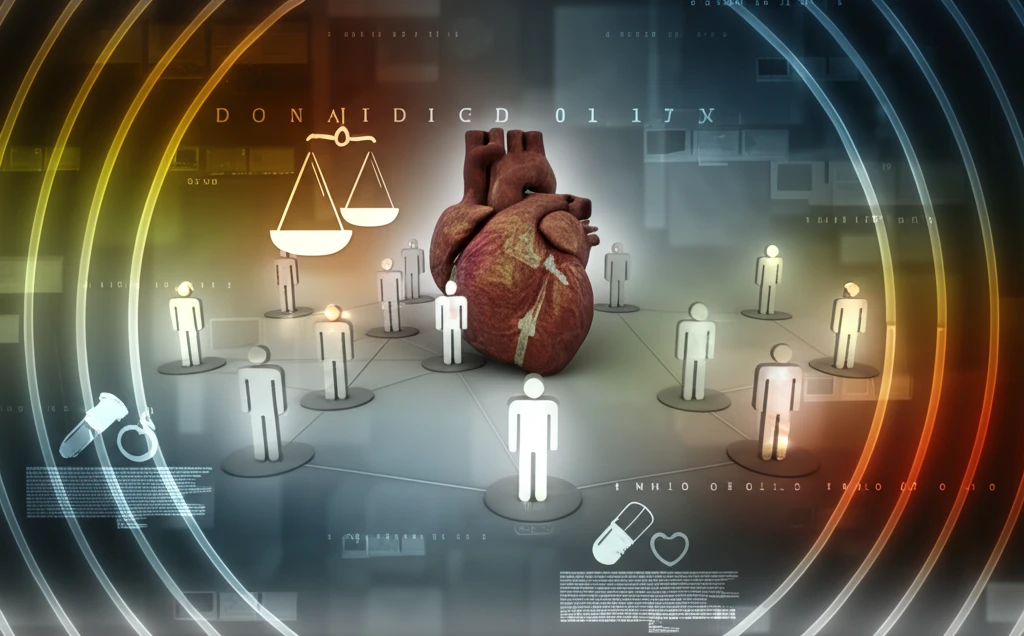
The Organ Donation Dilemma: Balancing Ethics, Incentives, and the Growing Need
"Explore the ethical considerations surrounding organ donation, including incentives, consent, and the ever-increasing demand for life-saving transplants."
The demand for organ donors has surged in recent years, fueled by an aging population and advancements in medical science that allow more individuals to benefit from transplants. However, this increased need significantly outstrips the available supply, creating a critical shortage. Many people die in circumstances where their organs could be donated, yet even then, a substantial number of families decline consent, exacerbating the problem.
Currently, thousands of individuals are on waiting lists for organ transplants in the UK alone, with a significant number tragically dying while awaiting a suitable donor. This stark reality has prompted bioethics experts and policymakers to explore potential solutions for addressing the organ shortage and saving lives.
Recognizing the urgency of the situation, organizations like the Nuffield Council on Bioethics have initiated working groups to examine the ethical dimensions of organ donation. These discussions encompass not only traditional organ donation but also the provision of various bodily materials, both post-mortem and in-vivo, including blood, skin, corneas, bone, sperm, eggs, and embryos, for medical research and treatment. These are compared to the participation of clinical trial participants and viewed as kind of temporary whole body donation.
Navigating the Ethical Landscape: Incentives, Encouragement, and Consent

One of the central debates in organ donation revolves around the ethics of offering incentives to encourage more people to donate. While some argue that incentives could significantly increase donation rates, others raise concerns about potential coercion, exploitation, and the commodification of the human body. Interestingly, current laws exhibit inconsistencies, permitting incentives for certain types of tissue donation but prohibiting them for others.
- Financial Incentives: Exploring the possibility of offering direct payments or other financial benefits to organ donors or their families.
- Priority Systems: Considering preferential access to transplantation for individuals who have previously registered as organ donors.
- Reimbursement of Expenses: Ensuring that living donors are fully reimbursed for all expenses incurred during the donation process, including travel, accommodation, and lost wages.
- Government-Run Systems: Evaluating the feasibility of establishing a government-managed system for organ procurement and distribution.
- Funeral Expenses: Offering financial assistance with funeral costs as an incentive for deceased organ donation.
Join the Conversation: Shaping the Future of Organ Donation
The Nuffield Council on Bioethics invites you to share your perspectives on these critical issues. Your insights will help shape ethical guidelines and policies surrounding organ donation, ensuring a fair and equitable system that respects individual autonomy while addressing the urgent need for life-saving transplants. To contribute to the consultation and learn more, visit www.nuffieldbioethics.org/bodies.
